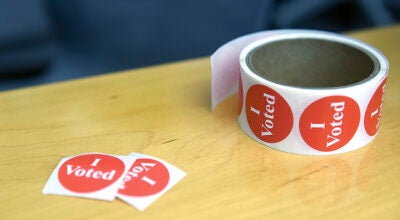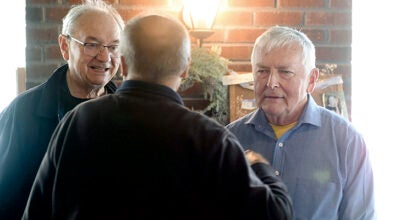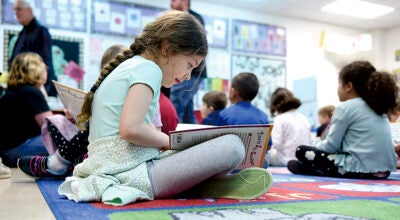Board hears ESSER III grant spending proposal
Published 5:43 pm Tuesday, July 13, 2021
|
Getting your Trinity Audio player ready...
|
The Austin School Board on Monday night heard a presentation from the Executive Director of Finance and Operations Lori Volz regarding an ESSER III grant that would be applied to the 2022-23, 2023-24 school years.
Volz laid out the spending plan for the grant that will hopefully fill revenue gaps that still could be felt from the COVID-19 pandemic.
Two areas in particular will play into how the grant money, worth $6.3 million over two years, is spent: compensatory aid and enrollment. Compensatory aid, which comes from the state, in particular will see a drop of $1.3 million, on top of a hit to revenue in the free and reduced lunch program felt during the pandemic.
Currently, APS is under the universal free program. Early on in the pandemic the blow wasn’t as hard as it only applied to part of the school year. However, the entirety of the 2020-21 school year was under the universal free umbrella leaving many families opting out of signing up for free and reduced lunch.
“We’re needing to use ESSER III to fill that gap from funding in compensatory aid,” Volz said. “There is a fear of that dipping further.”
Another part of the equation is a decline in enrollment the school saw after plateauing. As schools shut down during the pandemic, Austin and districts from around the state saw families opting for different modes of education, including private schools like Pacelli Catholic Schools, homeschooling and online institutions.
Between the 2019-20 and 2020-21 school years, APS saw a drop of 60 in Adjusted Daily Membership, a metric that measures student enrollment.
While Volz predicts a rise of around 40 students this coming school year, where that number officially falls will ultimately dictate how the $6.3 million is split up.
“How I envision it is most likely spending that over two years,” Volz said. “We’re going to know by the end of December, early January what our compensatory revenue will be for the following year. Certainly by February we’re going to know where to put the money for sure.”
However, should that compensatory aid come in on the low end of the spectrum, APS could be looking at more than just a challenge.
“It’s going to be an interesting challenge,” Volz said. “We’ll hope for the best, but it could be dire.”
Volz said that the Minnesota Legislature declined this session to bring more money to the table in part because large federal grants for schools are currently filling those needs.
The next step in the ESSER III grant process will be a needs assessment in August.






